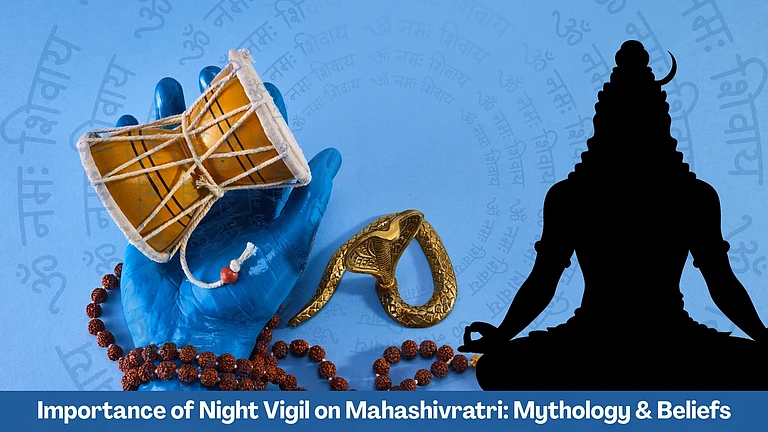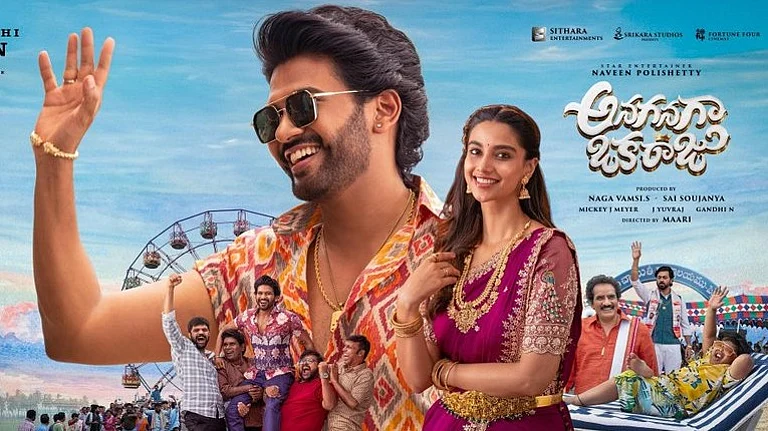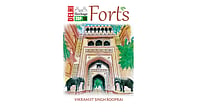There’s a paragraph on Jug Suraiya in Tharoor’s essay on his Junior Statesman days that strikes a chord—Suraiya used words that no one else did and readers had to look up the meaning in their dictionaries. Tharoor seems to have taken that pedestal over—he is frequently referred to as India’s Tharoorasaurus. And The Essential Shashi Tharoor is a showcase of all kinds of punditry, from essays to stories, but does not really require a dictionary. It reads the way Tharoor speaks—with nuanced, erudite wit. And it has been adroitly curated, covering various realms of his interest, opening with tributes to the great men he admires, like Nehru and Tagore. It covers the political maelstrom and Hinduism, brings in cricket, swivels to fragments of Tharoor’s autobiography and to his life as a writer.
The book unites the different dimensions of Tharoor—as David Davidar writes in the introduction, his writing career spanned many forms and displayed different talents in each, whether it was novels, short stories or his debates. However, Davidar summarises, “His interests fall into two major areas: international affairs and foreign policy; and Indian history, politics, and current events, viewed, uncompromisingly, through a liberal, secular, and humanitarian lens”. Tharoor broke into fiction with The Great Indian Novel, followed by several other novels leading up to Riot, all of which, as he writes, he penned at moments snatched from his political career and everyday life, like waiting in the car while his wife went grocery shopping, with the steering wheel as desk. While The Great Indian Novel remains unforgettable because of its take on the Mahabharata transferred to India, the current MahaPradesh, Tharoor abandoned novels and fiction in favour of political commentary, However, for those who have missed Tharoor’s fiction, there are short stories to be discovered in this book that deal with still vital topics like how India looks at its Dalits.
As he writes, Tharoor was born with printer’s ink in his veins. From the age of six, he was wandering around the presses of The Statesman where his father Chandran Tharoor was editor. He underlines the difference between newspapers then and now—Chandran would not believe anything unless he read it in the newspapers. Now, Tharoor says, he would not believe anything he reads in the newspapers. Tharoor uses his own experience to prove his point, the media hounding of him after the mysterious death of his wife, which was hyped to raise TRP. He also mentions the death of a Bollywood star and the matching harassment of the star’s live-in partner, all with no end in mind except to distract the public from ground realities.
The chapters link the past and present through Tharoor’s own life which provides grist for the mill in many cases. In a tribute to Tagore, he mentions how he used to read Gurudev’s love poems to his late wife. Anecdotes break up the flow of argument and add their own personal touch. He talks about his cricket fandom with enthusiastic accounts of matches viewed on ground or Indian cricketing history outlined and examined.
There was a burst of newspaper activity that focused on Tharoor’s apparent admiration for Narendra Modi, and raised the suggestion that the Thiruvananthapuram MP may be contemplating switching camps. These and other speculations are addressed head on in the relevant pieces. Tharoor confesses, he believed that Modi welcomed an active and outspoken Opposition, only to discover that he was mistaken. Tharoor is also open about his disapproval of politicians who switch sides, jumping from one extreme to the other. Of course, one might pick a bone with him on some theories, like the one in which he claims that Kerala, like the Titanic, made a mistake by turning left and hit the iceberg of wrong political choice.
The Essential Shashi Tharoor is a peaceful read, punditry and all. The pages flow like a conversation, enlightened by his generous research and relevant references, thoughts that one can generally agree with or mildly frown upon. Very, essentially, Tharoor.


























